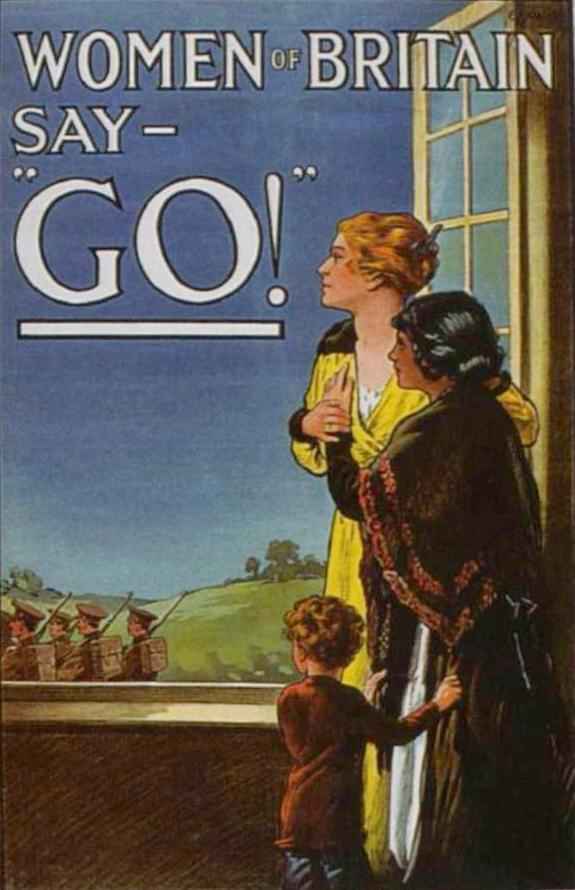
Figure 1.--The British Army that entered the War was an all-voluntary army. The Army manned it ranks during 1914 and 15 with voluntary appeals. Prime Minister Herbert Asquith resisted army requests for conscription. |

|
No British Government had ever dared conscript men for military service--even during the Napoleonic War crisis. (Although the Royal Navy did resort to press gangs.) The British Army that entered the War was an all-voluntary army. The Army manned it ranks during 1914 and 15 with voluntary appeals. Prime Minister Herbert Asquith resisted army requests for conscription. The BEF was, however, being chewed up in the killing fields of the Western Front and the force by the end of 1915 could no longer be maintained by volunteers. Asquith finally saw no alternative. He finally introduce a conscription measure. Parliament passed the first Military Service Act (January 1916). This was the first conscription laws ever passed in Britain. At first only single men and childless widowers aged 18 to 41 were called up. The Act applied to men 18-41 years of age. The second Military Service Act made all men regardless of marital service eligible for military service (May 1916). The War Office was given authority to extend the service of men whose enlistments hadcexpired and re-examine men previously rejected for health reasons. The third Military Service Act gave the War Office authority to further increase conscription (April 1917). This entiled the examination of Home Service Territorials, men earlier discharged, and individuals previously rejected. The War Office also announced a new list of Protected Occupations eccluded from conscription.
Parliament passed the fourth Military Service Act which gave the Government permission to end occupational exemptions and the 2 month grace period for those whose exemptions had been terinated (January 1918). The last or fifth Military Service Act was a desperate measure taken by Parliament as the War in early 1918 reacged a critical stage (April 1918). The age range was lowered to 17 and extended to men age 55. The law was also extended to Ireland, the Channel Islands and the Isle of Man. In addition, released or
exchanged POWs were no longer exempted. The British conscripted more than 2.3 million men during the War.
Navigate the CIH World war I Section:
[Return to Main British age and conscription page]
[Return to Main World War I age of soldiers page]
[Return to Main World War I people page]
[About Us]
[Aftermath]
[Alliances]
[Animals]
[Armistace]
[Biographies]
[Causes]
[Campaigns]
[Casualties]
[Children]
[Countries]
[Declaration of war]
[Deciding factors]
-------[Diplomacy]
[Economics]
-------[Geo-political crisis]
[Home front]
[Intelligence]
[Military forces]
[Neutrality]
[Pacifism]
[People]
[Peace treaties]
[Propaganda]
[POWs]
[Russian Revolution]
[Terrorism]
[Trench warfare]
------[Technology]
[Weaponry]
[Bibliographies]
[Contributions]
[FAQs]
[Images]
[Links]
[Registration]
[Tools]
[Return to Main World War I page]
[Return to Main war essay page]
[Return to CIH Home page]
